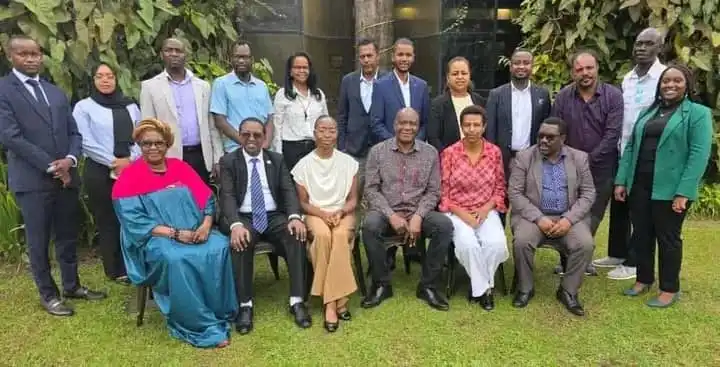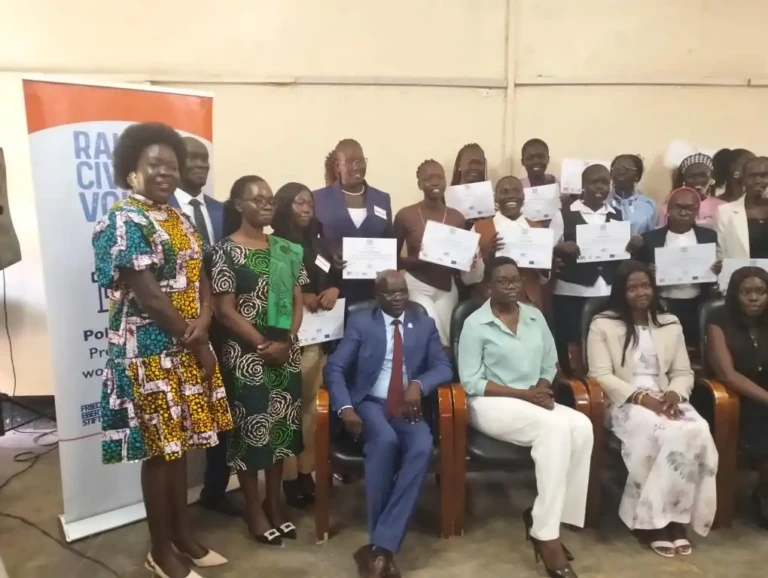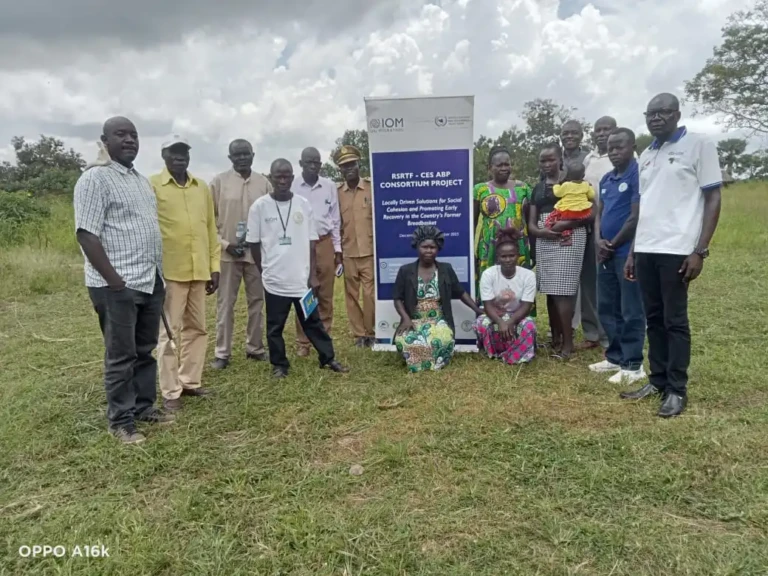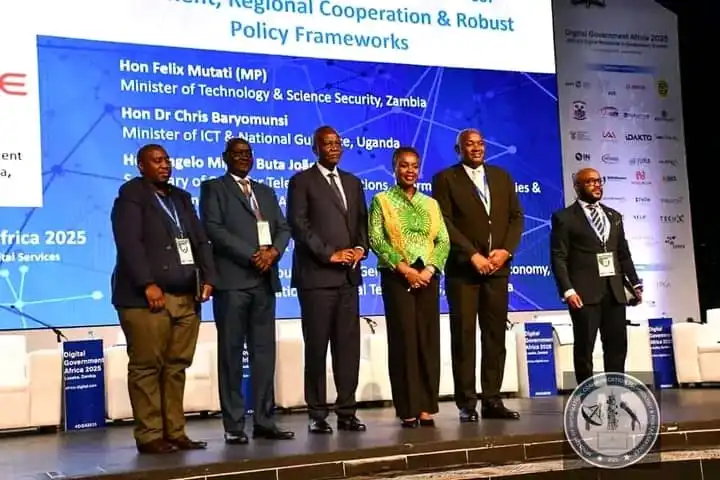
Photo: South Sudan Revenue Authority Portal
(JUBA) – The South Sudan Revenue Authority (SSRA) has “temporarily suspended” its ongoing taxpayer registration and zoning campaign in Juba following concerns raised by citizens, business owners and backlash from the Government of Central Equatoria State.
The campaign which began on 1 July 2025 aimed to register all businesses, service providers and self employed individuals in the capital by dividing the city into ten administrative zones for door to door registration.
According to a press statement issued by SSRA Commissioner General Simon Akuei Deng on 4 July, the suspension is meant to allow for broader consultations with key stakeholders.
These include business leaders, civil society organisations, local authorities and development partners. The SSRA said the suspension reflects its commitment to transparency, accountability and inclusive decision making in the country’s tax system.
SSRA Forced to Suspend Tax Registration Drive in Juba
The objectives of the registration and zoning exercise included updating the national taxpayer register, expanding the tax base to improve domestic revenue collection and enhancing service delivery.
However, the unilateral rollout of the programme without prior coordination triggered a strong backlash from the Central Equatoria State Government.
In its weekly cabinet meeting chaired by Governor Lt. Gen. Rabi Mujung Emmanuel, the state leadership formally rejected the SSRA directive, arguing that the new zoning plan undermines constitutional cooperation between different levels of government.
Speaking to the press after the cabinet meeting, Acting State Minister of Information and Communication Jacob Aligo Lo-Lado said the Council of Ministers had thoroughly reviewed the SSRA’s actions and called for their reversal.
“This was a unilateral decision. The Council believes that consultations should have taken place between the Revenue Authority, the State Government, and the Juba City Council before implementing such a policy,” he said.
Aligo cited Article 49 of South Sudan’s Transitional Constitution (2011), as amended, which calls for respect and cooperation between national and state institutions. He further warned that uncoordinated tax policies risk confusing the public and weakening trust in government structures.
The SSRA acknowledged the concerns in its statement and reassured the public that the tax registration process remains free of charge. It also emphasised that no individual is authorised to collect money from registrants under the suspended exercise. The authority reaffirmed its long term commitment to building a fair, professional and modern tax administration system.
The SSRA further urged citizens and business operators to remain prepared for the registration campaign once it resumes. The new date for stakeholder consultations is yet to be announced.
Friction between the national and state governments over taxation is not new. NGOs recently complained about unclear tax policies, overlapping mandates and instances of double taxation by different levels of government.
In response, SSRA expressed hope that the National Legislature would soon pass a comprehensive National Tax Procedure Act.
This law would clearly define the taxes to be collected by the national, state and local governments, thereby helping to resolve legal ambiguities and prevent administrative conflicts.
Discover more from Access Radio Yei News
Subscribe to get the latest posts sent to your email.






